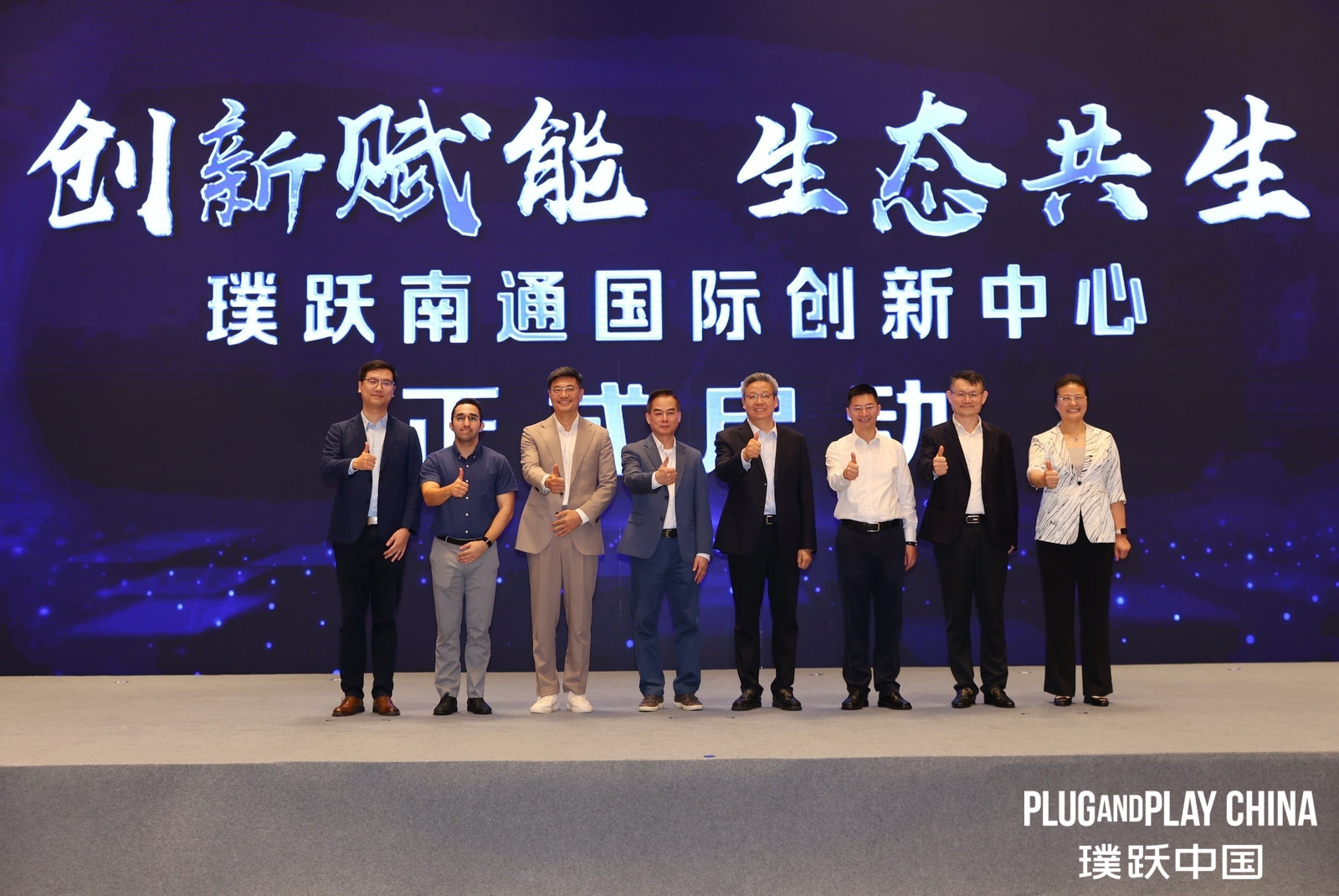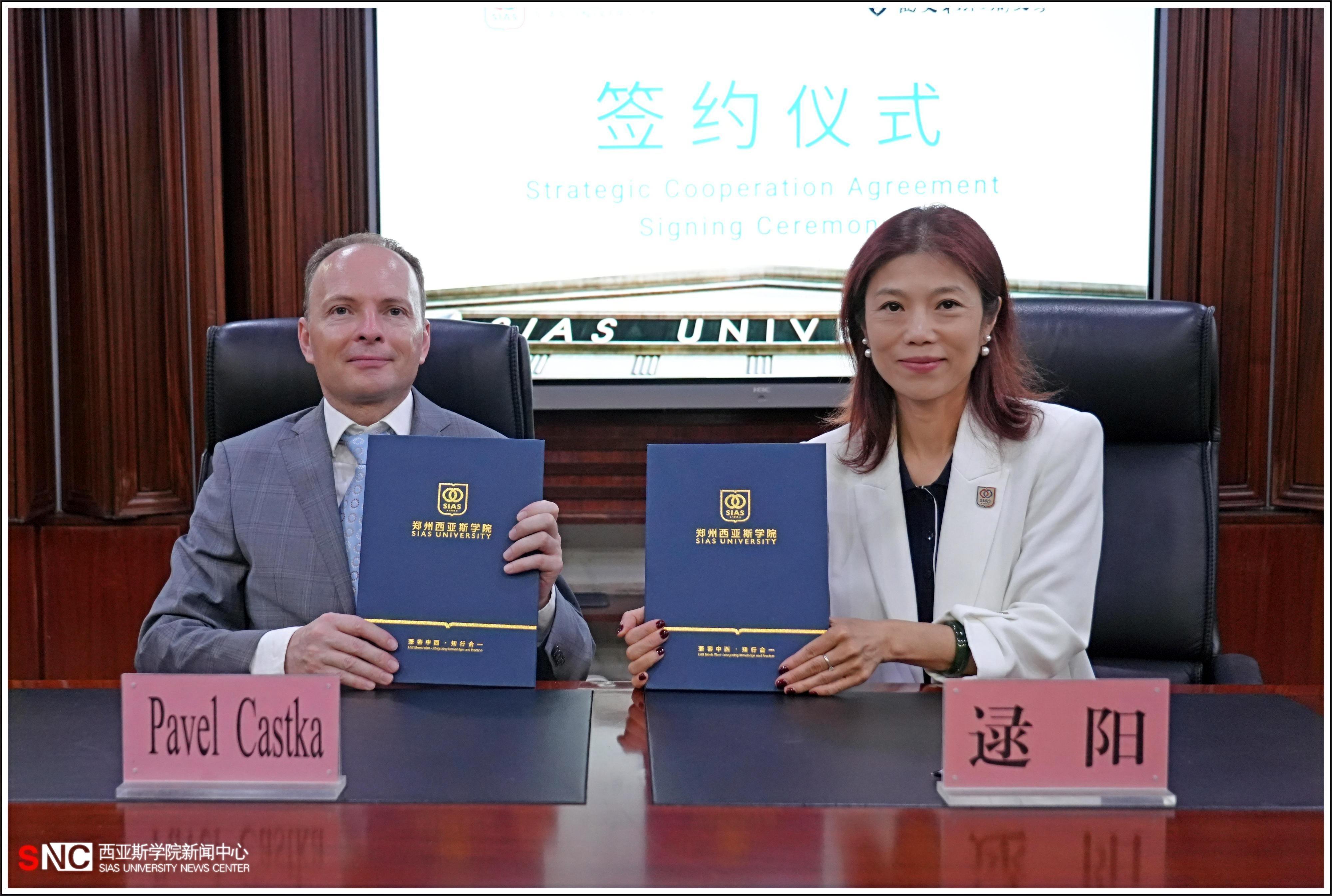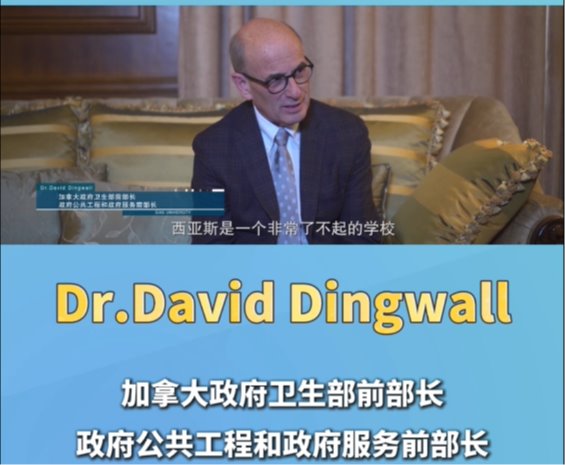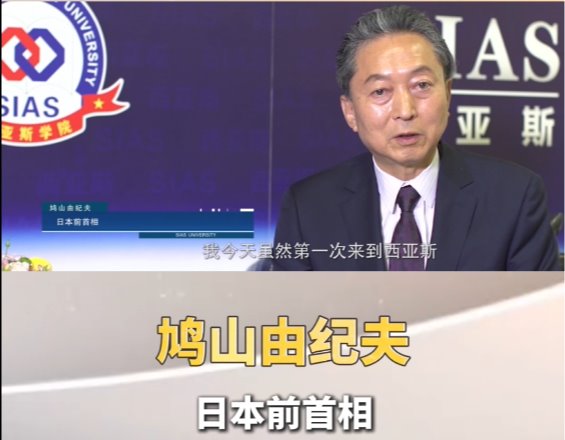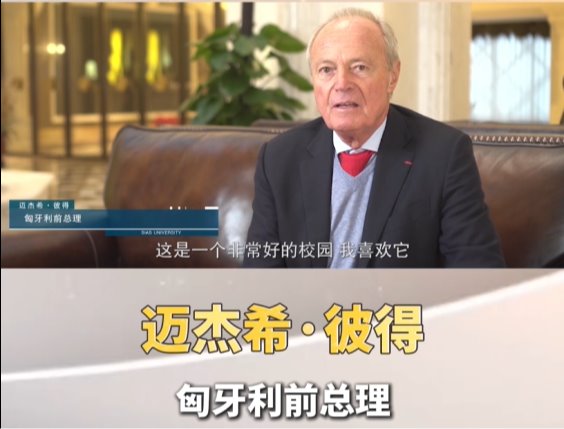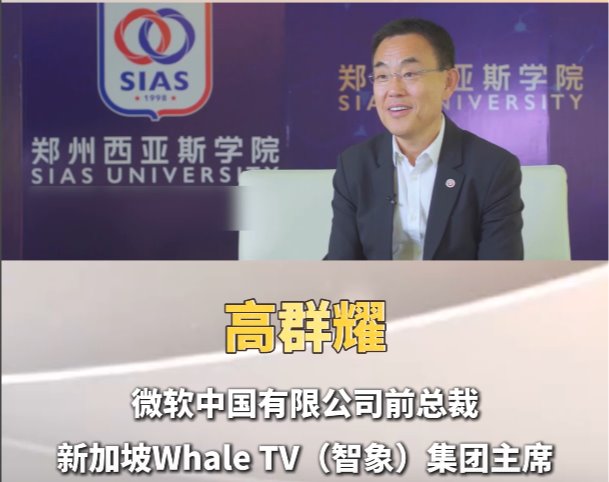The 2019 Annual Meeting of the Higher Education Committee of the China Association for Non-Government Education (CANGE) was held at Sichuan University of Media and Communications from December 5 to 7. Sias Vice President, Zhao Yuxin, along with the heads of Sias' Human Resources Department, School of Business, and School of Journalism & Communication, attended the meeting. The theme of the meeting was "Deepening the Integration of Industry and Education, and Improving the Social Service Ability of Private Colleges and Universities".
The meeting focused on the key areas and difficulties in the reform and development of national higher education in the New Era, important points in the building of national private colleges and universities, on-site investigations, exchanges for learning, dialogue, and interaction, and addressed the difficulties faced by private colleges and universities with regard to the deepening of the integration of industry and education.
The chief guests included the former Vice Minister of the Ministry of Education, Lin Huiqing; the President of the China Association for Non-Government Education (CANGE), Wang Zuoshu; member of the Standing Committee of the CPPCC National Committee and Vice Chairman of the CPPCC Sichuan Provincial Committee, Wang Zhengrong; the Director of the Higher Education Department at the Ministry of Education, Wu Yan; and member of the Sichuan Education Working Committee and Deputy Director of the Department of Education, Dai Zuoan. Also present were members of the Department of Development Planning at the Ministry of Education, the Department of Higher Education at the Ministry of Education, leaders of the student departments, and leaders from the Higher Education Department of the Sichuan Provincial Department of Education. Over 500 representatives from 208 private colleges and universities attended the meeting. The Chairman of the Higher Education Committee of the China Association for Non-Government Education (CANGE), Ji Ping, presided over the opening ceremony of the conference.
In his speech, Lin Huiqing said that the annual meeting was an opportunity to implement the spirit of the Fourth Plenary Session of the 19th Communist Party of China's Central Committee. She encouraged all the national private colleges and universities to understand the requirements and challenges of the times with regard to the development of private higher education, focus on improving the quality of cooperation to promote the high-quality development of private colleges and universities and strengthen the Party's leadership among these institutions.
Wang Zuoshu said that universities had 3 functions: imparting knowledge, training talent, and serving society. He said that the integration of industry with education was an important way to enhance a university's service to society. He said that private colleges and universities should work hard to develop a sustainable model that evolved with the times and served society. In the process of deepening the integration of industry and education and for the cooperation between educational institutions and enterprises, it was necessary to follow the following four criteria: precision of thinking, design, operation, and evaluation.
Wu Yan presented a report that put forward specific requirements for private colleges and universities to achieve a scientific development. He pointed out that private colleges and universities had become an important part of China's higher education system. He encouraged them to pursue breakthroughs and innovation in fields such as engineering, agriculture, medicine, and the liberal arts, by deepening the education and teaching reform through six aspects of specialty: curriculum, entrepreneurship and innovation, management, faculty and students, governance, and modernization.
The conference invited university presidents, industry and enterprise experts, and theoretical researchers who have in-depth knowledge of the integration of industry and education and social services in private colleges and universities. It facilitated dialogue and interaction between the guests and representatives at the conference.
After the conference, the Dean of Sias' School of Journalism & Communication, Jia Shiqiu, and more than 60 representatives from other universities returned to Sichuan University of Media and Communications for further exchanges with leaders of the University and its relevant departments.






